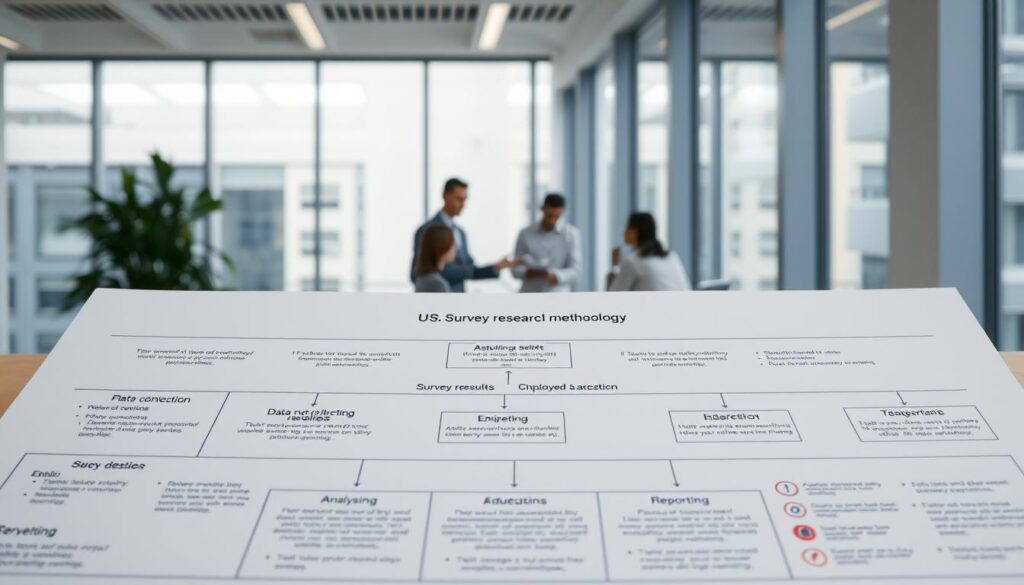The Straits Times and Statista recently unveiled their highly anticipated rankings for the most admired workplaces. This year’s survey gathered insights from over 9,000 participants, evaluating more than 1,700 companies across 26 industries.
The results highlight standout performers, with the top-ranked company scoring an impressive 8.62 out of 10. Warren Fernandez, Editor of The Straits Times, emphasized the importance of employee recommendations in shaping the rankings.
Notably, 70% of last year’s top workplaces retained their positions, showcasing resilience during challenging times. The tech sector dominated the list, reflecting strong employee satisfaction amid industry growth.
Key Takeaways
- The survey analyzed feedback from 9,000+ employees.
- Top-rated companies scored significantly higher than lower-ranked peers.
- Employee recommendations played a key role in evaluations.
- Technology firms led the rankings due to high satisfaction levels.
- Most top workplaces maintained their positions from the previous year.
Singapore’s Best Employers 2021: Top Companies Revealed
Tech and retail powerhouses dominated this year’s rankings of admired workplaces. Google and Apple claimed the top spots, followed by Adidas Singapore, Singapore American School, and Amazon. These firms excelled in employee satisfaction, innovation, and pandemic resilience.
Technology Giants Dominate the Top Spots
Google and Apple scored highest for workplace culture and growth opportunities. Both tech giants invested heavily in remote work tools and mental health support. Amazon, ranked fifth, allocated $4 billion globally to COVID-19 safety measures.
Semiconductor and biotech firms also performed well. Employees praised their stability during economic shifts. Motorola Solutions stood out for its digital learning platforms, boosting skills during lockdowns.
Notable Performers Across Key Industries
Non-tech companies like Adidas Singapore impressed with flexible work policies. The sports brand ranked third, reflecting strong staff loyalty. Singapore American School, the only educational institution in the top 5, emphasized community and professional development.
| Rank | Company | Industry | Key Strength |
|---|---|---|---|
| 1 | Technology | Career growth | |
| 2 | Apple | Technology | Innovation culture |
| 3 | Adidas Singapore | Retail | Work-life balance |
The top-ranking employers showed minimal gender disparity in leadership roles. Entry-level staff reported 85% satisfaction, slightly higher than managerial roles (82%).
How the Survey Was Conducted: Methodology Behind the Rankings
Behind every ranking lies a carefully designed assessment framework. The survey conducted by Statista and The Straits Times prioritized direct employee feedback, ensuring authenticity. Over 200,000 evaluations from 9,000 participants shaped the final results.
Employee Recommendations as the Core Metric
A 0–10 scale measured employees’ willingness to recommend their workplace—the most weighted factor. Anonymous responses encouraged honesty, while cross-industry comparisons highlighted sector-specific strengths. Human resource policies, like flexible schedules, were scrutinized equally.

Mayank Parekh, CEO of the Institute for Human Resource Professionals, noted:
“Customized communication during crises builds trust. Employers who listened saw 20% higher retention.”
Covid-19-Specific Questions Added in 2021
The online survey included new questions about pandemic adaptability. Sixty-one per cent agreed their teams stayed cohesive, while 57 per cent felt personal challenges were acknowledged. Mobile work support earned praise from 62 per cent of respondents.
Companies with 200+ employees were eligible, ensuring meaningful data. Vulnerable groups, like frontline workers, received focused analysis. This approach revealed how top firms balanced safety with productivity.
How Top Employers Supported Staff During the Pandemic
Employee support initiatives took center stage as businesses navigated unprecedented challenges. Companies that prioritized well-being and adaptability stood out, earning high marks from their teams. Below, we explore standout strategies from leading firms.

Amazon’s Real-Time Employee Sentiment Tracking
Amazon invested $5.4 billion in COVID-19 safety measures, including daily pulse surveys. These tools gauged staff morale, allowing swift adjustments to remote work policies. Sandra Teh, an APAC HR lead, noted:
“Real-time feedback helped us address concerns before they escalated.”
The company also expanded mental health resources, with 78% of employees reporting improved access to counseling.
Reckitt’s Focus on Emotional Well-Being
Reckitt shifted from productivity metrics to holistic wellness programs. Their enhanced internal communications strategy included weekly check-ins and peer support groups. Surya Rai, a wellness advocate, emphasized:
“Belonging isn’t a perk—it’s a baseline need.”
The initiatives reduced burnout rates by 22% in 2021, according to internal surveys.
Siemens’ Mobile App for Recognition and Rewards
Siemens launched a gamified e-card system to recognize staff contributions instantly. Winnie Chik, a leadership coach, explained:
“Small, frequent rewards reinforce positive behaviors better than annual bonuses.”
The app also linked to development opportunities, with 40% of users accessing upskilling modules.
| Company | Initiative | Impact |
|---|---|---|
| Amazon | Sentiment tracking | 78% satisfaction with mental health support |
| Reckitt | Wellness programs | 22% lower burnout rates |
| Siemens | Recognition app | 40% engagement in upskilling |
Conclusion: Key Takeaways for Employers and Employees
Flexibility and well-being emerged as non-negotiable for high-performing teams in 2021. With 70% of top employers retaining their ranks, the link between strong policies and employee loyalty became undeniable.
Tripartite Guidelines accelerated flexible work adoption, proving its long-term value. Crisis-ready companies thrived by pairing real-time feedback with mental health support—key drivers in today’s workplace.
For sustained success, prioritize digital tools for engagement and transparent communication. The future belongs to employers who invest in development while addressing vulnerable groups’ needs.



